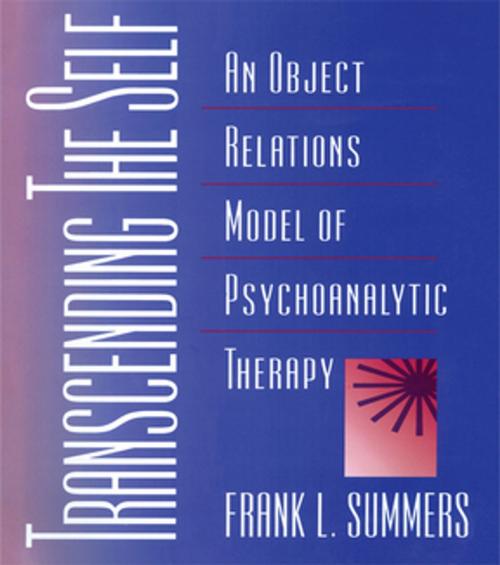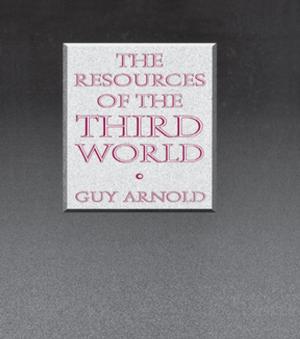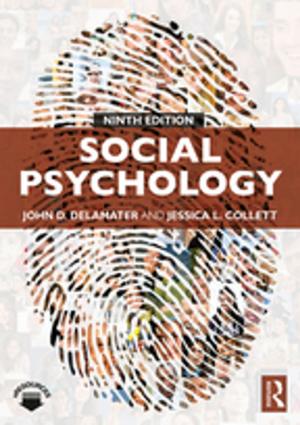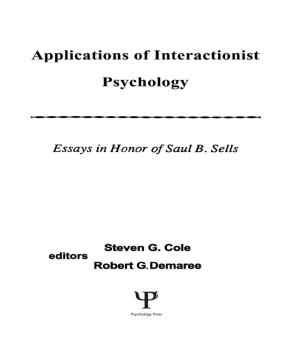Transcending the Self
An Object Relations Model of Psychoanalytic Therapy
Nonfiction, Health & Well Being, Psychology, Applied Psychology, Mental Health| Author: | Frank Summers | ISBN: | 9781317771227 |
| Publisher: | Taylor and Francis | Publication: | November 12, 2013 |
| Imprint: | Routledge | Language: | English |
| Author: | Frank Summers |
| ISBN: | 9781317771227 |
| Publisher: | Taylor and Francis |
| Publication: | November 12, 2013 |
| Imprint: | Routledge |
| Language: | English |
Despite the popularity of object relations theories, these theories are often abstract, with the relation between theory and clinical technique left vague and unclear. Now, in Transcending the Self: An Object Relations Model of Psychoanalytic Therapy, Summers answers the need for an integrative object relations model that can be understood and applied by the clinician in the daily conduct of psychoanalytic therapy.
Drawing on recent infancy research, developmental psychology, and the works of major theorists, including Bollas, Benjamin, Fairbairn, Guntrip, Kohut, and Winnicott, Summers melds diverse object-relational contributions into a coherent viewpoint with broad clinical applications. The object relations model emerges as a distinct amalgam of interpersonal/relational and interpretive perspectives. It is a model that can help patients undertake the most gratifying and treacherous of personality journeys: that aiming at the transcendence of the childhood self. Self-transcendence, in Summers' sense, means moving beyond the profound limitations of early life via the therapeutically mediated creation of a newly meaningful and authentic sense of self.
Following two chapters that present the empirical and theoretical basis of the model, he launches into clinical applications by presenting the concept of therapeutic action that derives from the model. Then, in three successive chapters, he applies the model to patients traditionally conceptualized as borderline, narcissistic, and neurotic. He concludes with a chapter that addresses more broadly the craft of conducting psychoanalytic therapy.
Filled with richly detailed case discussions, Transcending the Self provides practicing clinicians with a powerful demonstration of how psychoanalytic therapy informed by an object relations model can effect radical personality change. It is an outstanding example of integrative theorizing in the service of a real-world therapeutic approach.
Despite the popularity of object relations theories, these theories are often abstract, with the relation between theory and clinical technique left vague and unclear. Now, in Transcending the Self: An Object Relations Model of Psychoanalytic Therapy, Summers answers the need for an integrative object relations model that can be understood and applied by the clinician in the daily conduct of psychoanalytic therapy.
Drawing on recent infancy research, developmental psychology, and the works of major theorists, including Bollas, Benjamin, Fairbairn, Guntrip, Kohut, and Winnicott, Summers melds diverse object-relational contributions into a coherent viewpoint with broad clinical applications. The object relations model emerges as a distinct amalgam of interpersonal/relational and interpretive perspectives. It is a model that can help patients undertake the most gratifying and treacherous of personality journeys: that aiming at the transcendence of the childhood self. Self-transcendence, in Summers' sense, means moving beyond the profound limitations of early life via the therapeutically mediated creation of a newly meaningful and authentic sense of self.
Following two chapters that present the empirical and theoretical basis of the model, he launches into clinical applications by presenting the concept of therapeutic action that derives from the model. Then, in three successive chapters, he applies the model to patients traditionally conceptualized as borderline, narcissistic, and neurotic. He concludes with a chapter that addresses more broadly the craft of conducting psychoanalytic therapy.
Filled with richly detailed case discussions, Transcending the Self provides practicing clinicians with a powerful demonstration of how psychoanalytic therapy informed by an object relations model can effect radical personality change. It is an outstanding example of integrative theorizing in the service of a real-world therapeutic approach.















